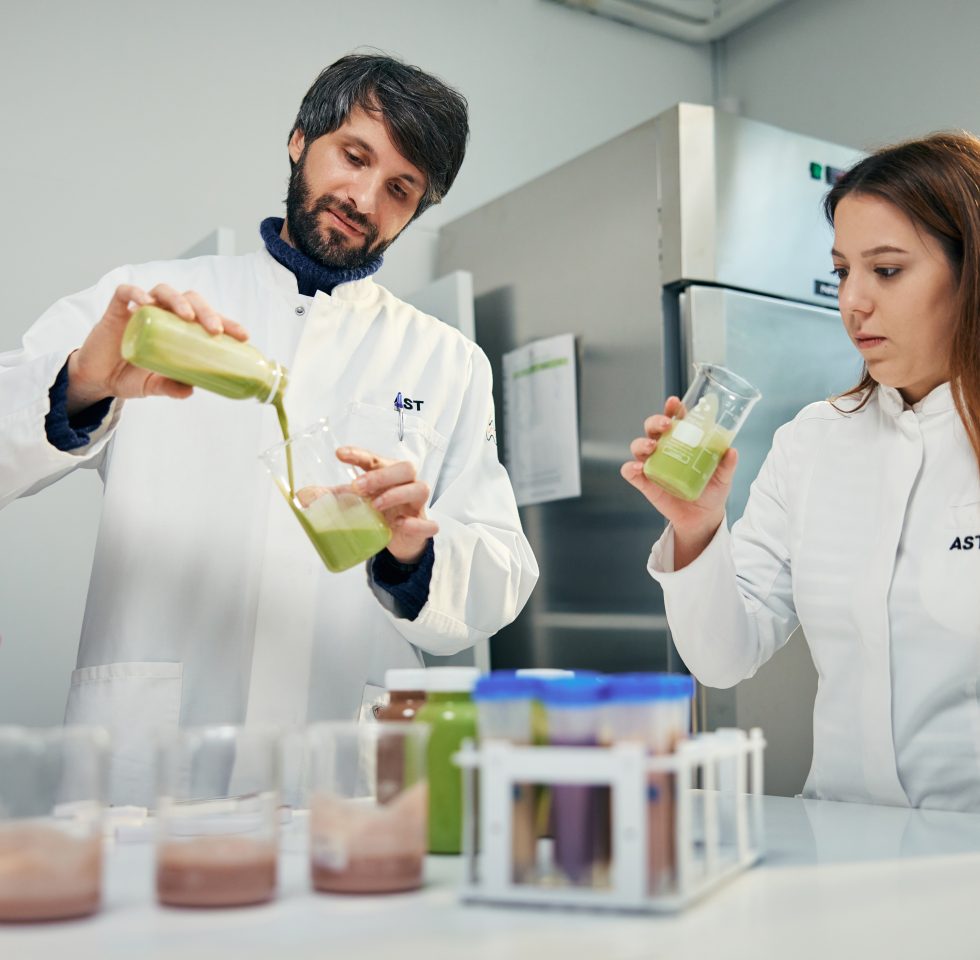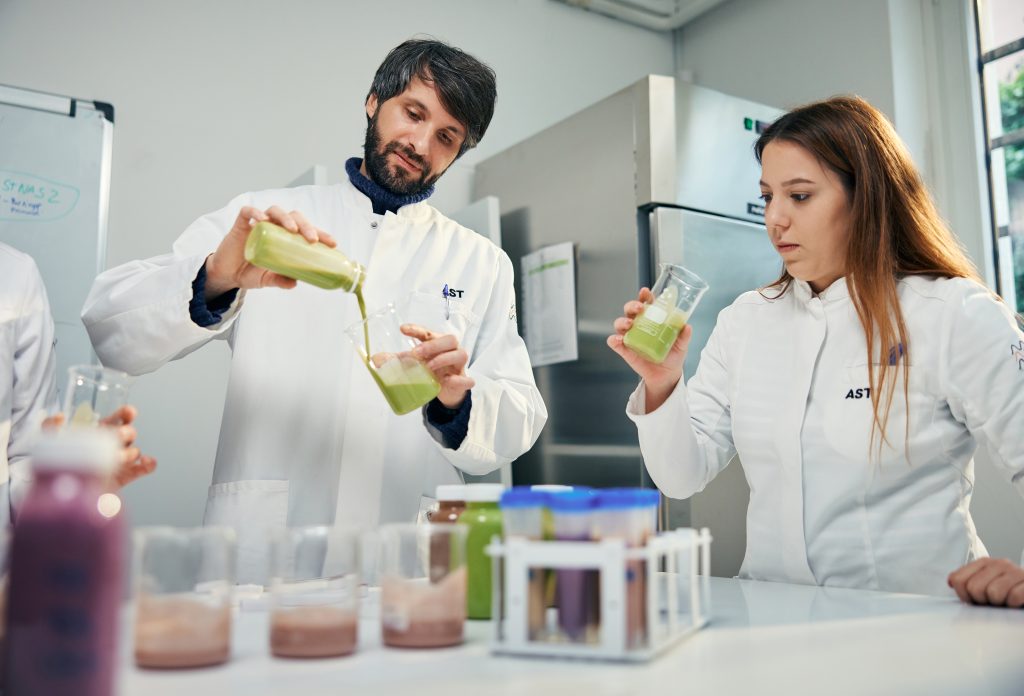How We Tackle Weeds in Organic Chickpeas
June 23, 2025We’re back in the field with our chickpea cultivation series! See how we tackle weeds after emergence using inter-row cultivation.
Read articleIn recent years, plant-based foods and snacks have started popping up on market shelves like mushrooms. However, there are some things the consumers should bear in mind.

In recent years, plant-based foods and snacks have started popping up on market shelves like mushrooms. A decade ago, few could have predicted we’d have whole shopping aisles dedicated to satisfying our new-found cravings for guilt-free goodies. Gone are the days when you’d wander around a store tirelessly scanning fridges packed with meat and dairy just to find that one lonesome soy burger brand.
Apparently, the market has spoken and it’s hungry for more fruits and veggies (though, admittedly, not in their original ‘au naturel’ form). In many ways, these developments are the result of a confluence of factors like our increasing motivation to lead healthier lifestyles, our growing concerns about environmental issues brought on by livestock farming, and our increasing awareness about the abysmal treatment of the animals we farm. On the supply side, a slew of startups and legacy brands are eagerly jumping in to fill this rapidly growing segment with everything from plant-based milk substitutes to plant-based meat and egg alternatives that even include tasty plant-based filet mignons.
Stories like Beyond Meat, Impossible, and Eat Just inc. make it seem as though a worldwide plant-based diet revolution is right around the corner. So how come your family still gathers around a baked ham at Christmas dinner? Well, it all boils down to three things us consumers care about most when it comes to food: taste, price, and convenience.
So, for those consumers who are driving the plant-based diet revolution, here are some things to bear in mind. And next time you’re having family over for dinner, you can make sure they leave full, happy, and surprised by the fact that your delicious and convenient (plant-based) meal that they enjoyed hasn’t left a hole in your wallet.
Taste is the top reason traditional eaters haven’t tried a plant-based food or beverage. Four in ten Americans report they don’t like the taste of plant-based foods. However, two in three say they would be willing to eat more plant-based foods instead of meat if plant-based foods tasted better than they do today. In order for the plant-based diet revolution to succeed, maintaining a much higher bar for taste and texture is crucial. One of the most common problems in this regard is the “off-note” issue. This refers to the fact that certain aspects of the flavor in plant-based products can taste a little strange due to each plant source having its own characteristic “notes.” Going forward, masking off-notes to achieve a clean slate for further flavoring is key. Thankfully, this issue is already being addressed by many big players in the field.
Convenience food will always have a place in our homes simply because we tend to be very busy. Even if we manage to prepare a fresh meal a couple of times a week, there are always times when we prefer to go for a ready-prepared meal, whether in chilled or frozen form. Or even when we just feel snacky. When it comes to plant-based food, there are many options to choose from.
But, even though the amount of grab-and-go plant-based meals and snacks has increased in recent years, the persisting view is that it’s not convenient to be vegetarian (not to mention vegan). This probably has to do with the still relatively limited offer at your favorite local eatery or supermarket. Also, some of the plant-based options found in the store require different and ‘novel’ prepping that the average person just isn’t familiar with. We don’t want to have to learn new skills just to cook plant-based products. Both in terms of taste and cooking experience, most of us look for familiarity. However, as plant-based foods become more mainstream, the convenience factor of plant-based foods (and the perception of it) will likely improve.
Given that plant-based foods are made entirely from plants, which are relatively inexpensive to produce in comparison to meat and dairy products, it’s surprising to see that this isn’t always reflected on market shelves.
The good news is that the plant-based food industry is still in its infancy. In time, the majority of these challenges will be sorted out. Meanwhile, leveling the playing field with the meat industry should be at the forefront of our collective agenda, from individual consumers to governments and international decision-makers.
Fast forward to 2030. The supermarket shelves we are working hard to achieve are stocked so that a lone wolf wandering around the store tirelessly scans fridges packed with plant-based, responsible foods just to find that one lonesome steak brand. Achieving that means we’ve significantly altered our diets to benefit our health and the environment, and we can continue producing healthy food for everyone for generations to come.
We’re on the right track, that’s for sure – we just have to kick it up a notch. With this in mind, LoginEKO is already in full swing developing novel plant-based foods that taste better, are less expensive than meat, are convenient, and represent a much healthier nutritional choice. Working on our very own brand of a “meal in a bottle”, we’re proving that a meal can be healthy, and reasonably priced, and setting an example for the future of convenient foods.
***
Sources:

We’re back in the field with our chickpea cultivation series! See how we tackle weeds after emergence using inter-row cultivation.
Read articleTwo days, three farms, one shared goal: growing hemp more sustainably. Here’s what we learned and shared during our tour of Prekmurje.
Read articleChickpeas offer great potential for organic farming. Join us as we walk you through the essential steps of chickpea cultivation, starting with seedbed preparation.
Read article